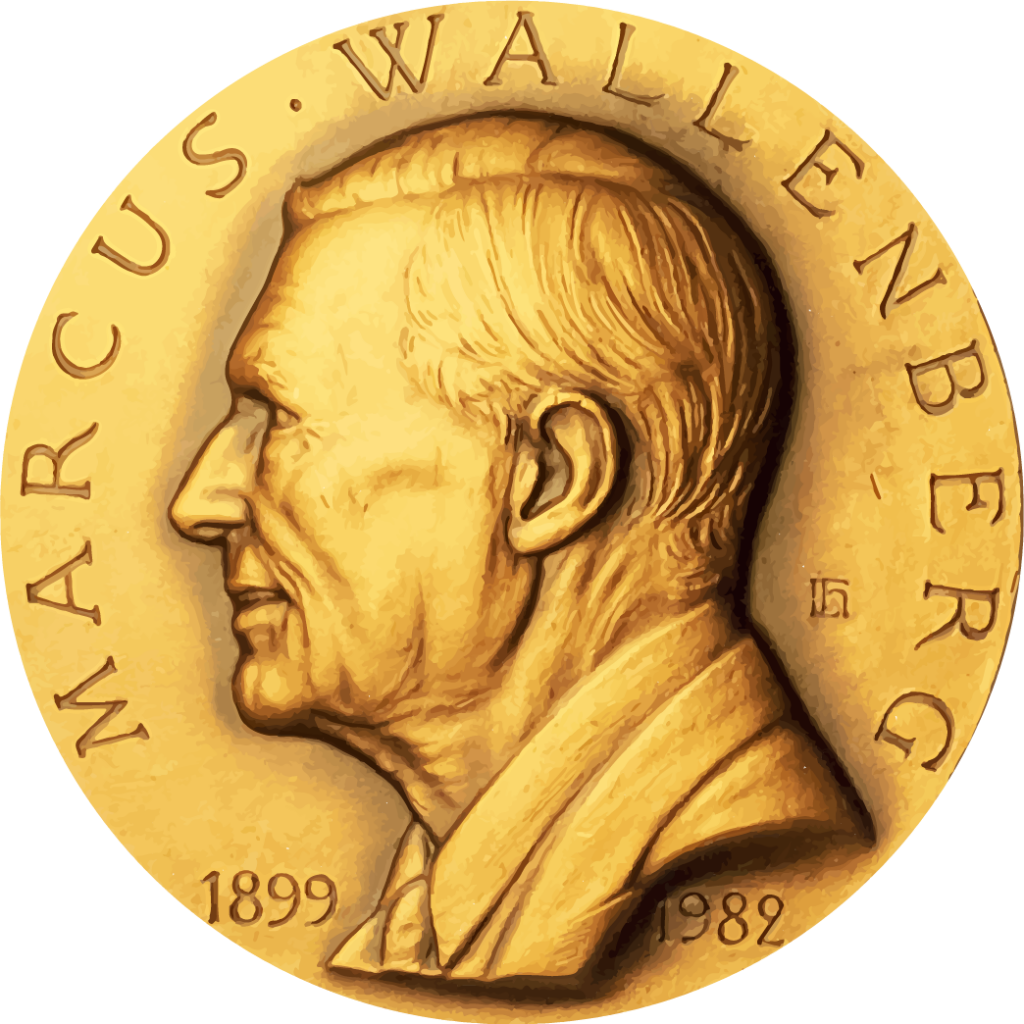Putting science into practice is a joint ambition of the new members of the Selection Committee of the Marcus Wallenberg Prize. They also share the committee’s strategy in working for a sustainable use of forest resources worldwide.
Three new members have taken their places in the Selection Committee, which evaluates nominated candidates for the Marcus Wallenberg Prize. Johanna Buchert, chairperson of the committee, is pleased with the scientific width of the new members of the committee.
– The forest sector has a key role in addressing the global challenges such as climate change, biodiversity loss or increased demand of materials substituting fossil raw materials. And excellent research and its implementation in practice is the key to solve these challenges, Johanna Buchert says.
Science improves the industry
Paul Dupree is a professor of plant biochemistry and cell biology at the University of Cambridge, England. His research aims to understand how plants make cell walls and how the components assemble to make, as he describes it, the functionally remarkable material that is wood.
He considers it an honour to be able to help select the most outstanding scientists for prizes. – The recognition of the influence of researchers is sometimes missing. It is good to celebrate the success of the scientific endeavour in improving the prospects of the forest industry and also the positive impact on society, Paul Dupree says.
He hopes the prize will help to motivate scientists to affect the industry as forest research sometimes has a lower profile than for example biomedicine.
– I hope to help identify and bring recognition to outstanding scientists and scientific breakthroughs in the area of wood biochemistry.

Boosting boreal alliances
Orlando Rojas is a professor at the University of British Columbia, Canada, where he holds the Canada Excellence Research Chair. He is also the director of the Bioproducts Institute.
He focuses on sustainable development through research on renewable resources to discover competitive alternatives for fossil materials.
Orlando Rojas regards his position in the Selection Committee as an opportunity to make a global impact on the development of the future bioeconomy.
– The Marcus Wallenberg Prize is a great channel to educate and communicate with society at large. One of my current goals is to help to nucleate the formation of the Boreal Alliance between Sweden, Canada and Finland, Orlando Rojas says.
He thinks the Marcus Wallenberg Prize enjoys the highest recognition in the field of forestry and forest research.
– I have become increasingly convinced that we need to put science into practice. We need to create impact. The Marcus Wallenberg Prize has the right balance between deep-rooted science and encounters between industry and society.
As a member of the committee Orlando Rojas will promote science that is being developed in Latin-American and Asia. But above all he will bring his area of expertise in lignocellulosic streams, renewable nanomaterials and other advanced materials.
– I can speak on behalf of the growing number of scientists that contribute with state-of-the-art research to unlock the power of nature, specially wood, to make a positive impact in our environment and our lives.

Promotes tree health
Mike Wingfield was the Founding Director of the Forestry and Agricultural Biotechnology Institute, FABI, at the University of Pretoria, South Africa. He stepped down after 20 years to serve the University as an advisor on strategic projects, but continues his research in FABI as a professor. He focuses on the health of trees, especially the role that insect pests and microbial pathogens have on natural forests and plantations, and is particularly interested in the pathways of movement of these organisms globally and what this means to the future.
– I have been privileged to be a researcher at the time when new molecular genetic techniques have emerged to enable us to understand tree health at a level that was not possible when I first entered the field, Mike Wingfield says.
He accepted the position in the Selection Committee since he believes in the power of science to change the world.
– I have worked in forest research for all of my career and know how important it is to recognize the accomplishments of forest researchers. It is an honour to serve on the Selection Committee and help to ensure that the finest forest researchers in the world are rewarded for their accomplishments.
Mike Wingfield considers The Marcus Wallenberg Prize to be one of the most powerful organizations worldwide supporting science and its impact on forests and forestry.
– I believe it provides an incentive to drive excellence, particularly for young researchers. The award also exposes important forest research to industry, to the public and to a wide community of scientists globally.
As the president of the International Union for Forestry Research Organisations, IUFRO, he has learned that there are many forest researchers in the world deserving recognition.
– I would like to think that my serving on the committee will help to achieve this goal.

Eight members in the committee
Gert-Jan Nabuurs, The Netherlands, Joris Van Acker, Belgium, Kristiina Oksman and Anita Teleman, both Sweden, complete the Selection Committee with Johanna Buchert, Finland, chairperson.
– We are very happy that the Foundation has been able to recruit new members with a broad background, both scientifically and geographically, Johanna Buchert says.


